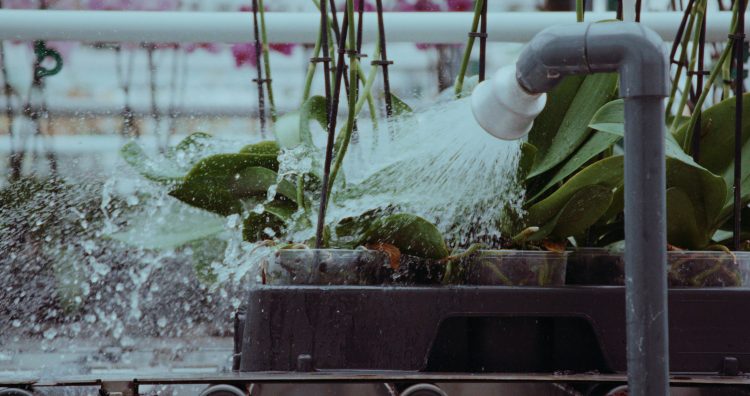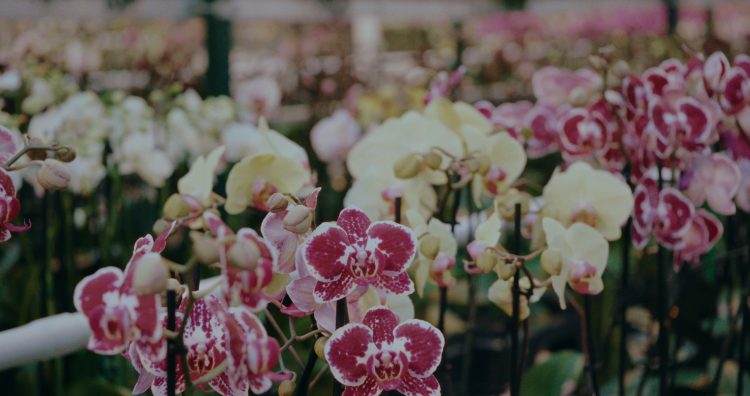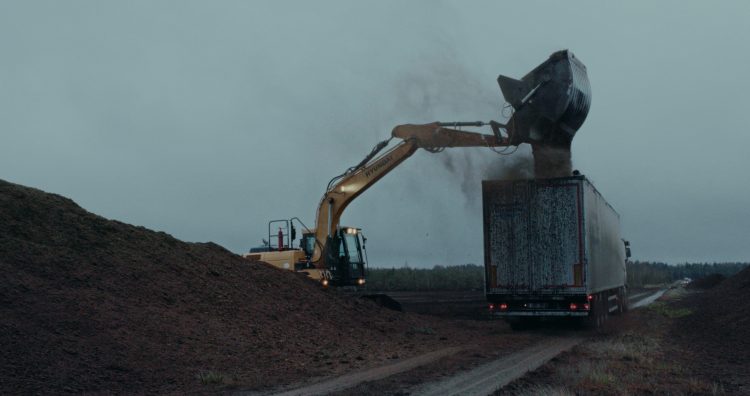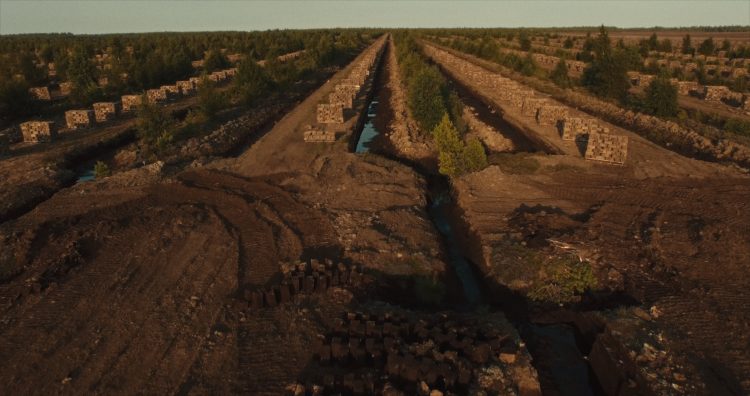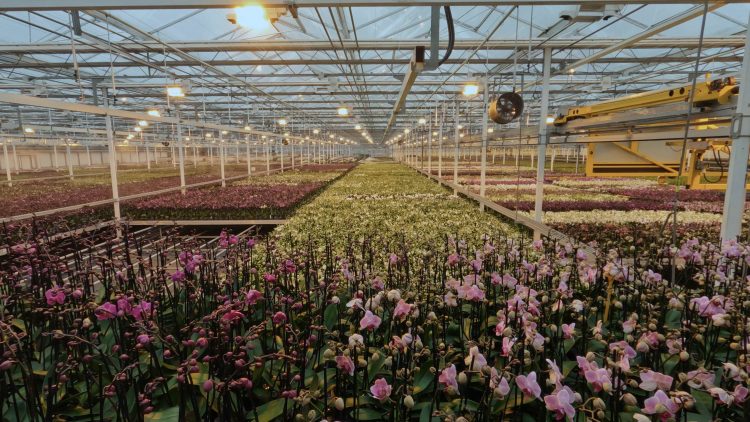Thirst / an Orchidelirium trilogy film
The film Thirst is a post-human choreography of displaced plants and machines. The thirst for luxury and abundance is the force that keeps the capitalist machinery running. The dry wells and the thirst for drinking water is what the local communities in Estonia are left with as the fragile wetlands are being drained for peat excavation in their neighbourhoods. Millions of tons of Estonian peat end up in greenhouses in the Netherlands where peat is needed as a component of the soil substrate for phalaenopsis orchids. While the mass-produced orchids may seem like a pathetic mimicry of what once was an extravagance of the elites, they are now a consumer good available for almost everyone. But the customers of cheap orchids have indeed consumed luxury, considering the massive invisible resources used during the manufacture process.
*
Thirst is an episode of Kristina Norman’s Orchidelirium film trilogy.
Commissioned for the Estonian Pavilion at the 59th International Art Exhibition – La Biennale di Venezia.
*
Kristina Norman’s Orchidelirium film trilogy offers multiple ways to reflect on the legacies of colonialism. Investigating forgotten connections between Eastern Europe and the global south, it relates to the post-Socialist countries’ often uncomfortable rediscovery of their colonial history. The trilogy departs from research on an Estonian couple, Emilie and Andres Saal who end up as members of the colonial administration and elite in the Dutch colony in Indonesia in the late nineteenth century. Working with the Saals’ life stories and archives, Norman is intrigued by the conversion of the colonized into the colonizer and the hybrid identities resulting from this, full of controversies and tensions. Thus from a more global perspective her films also speak about the anxious relations between the colonial elites and the colonial subjects, and the ever-present afterlife of those liaisons. Including acts by three performance artists, the films explore the longing for privilege and abundance, as well as the environmental effect of these desires on the invisible consumption of human labour and non-human animals, plants, soil and water in the age of the Anthropocene. Being first and foremost interested in the contemporaneity of colonial past, the films explore the workings of neo-colonialism in the age of accelerating crisis, but also hint towards the possibility of resistance.
*
Author and Director: Kristina Norman
Cinematographer: Erik Norkroos
Composer: Märt-Matis Lill
Choreographer and Cast: Mari Mägi
Supporting Cast: Marko Kohv and Marko Puksing
Advisors: Linda Kaljundi and Ulrike Plath
Curator: Corina Apostol
Producer: Erik Norkroos
Assistant Director: Meelis Muhu
1st Assistant Camera: Epp Kubu
2nd Assistant Camera: Maksim Podolski
Additional Camera: Meelis Muhu
Colour Grading: Max Golomidov
Digital Effects: Lauri Laasik
Field Recording: Meelis Muhu
Studio Recording and Mix: Tammo Sumera
Musician: Iris Oja (voice)
Makeup: Britt Karen and Lauren Juhanson
Graphic Design: Laura Pappa
Production Assistance: Sten Ojavee and Sirli Oot
Technical Assistance: Tõnu Narro and Mihkel Lember
*
The film features some archival footage from A Fragile World (2016), a film authored and directed by Ants Tammik (a Vesilind production).
*
Produced by Rühm Pluss Null in collaboration with CCA Estonia
